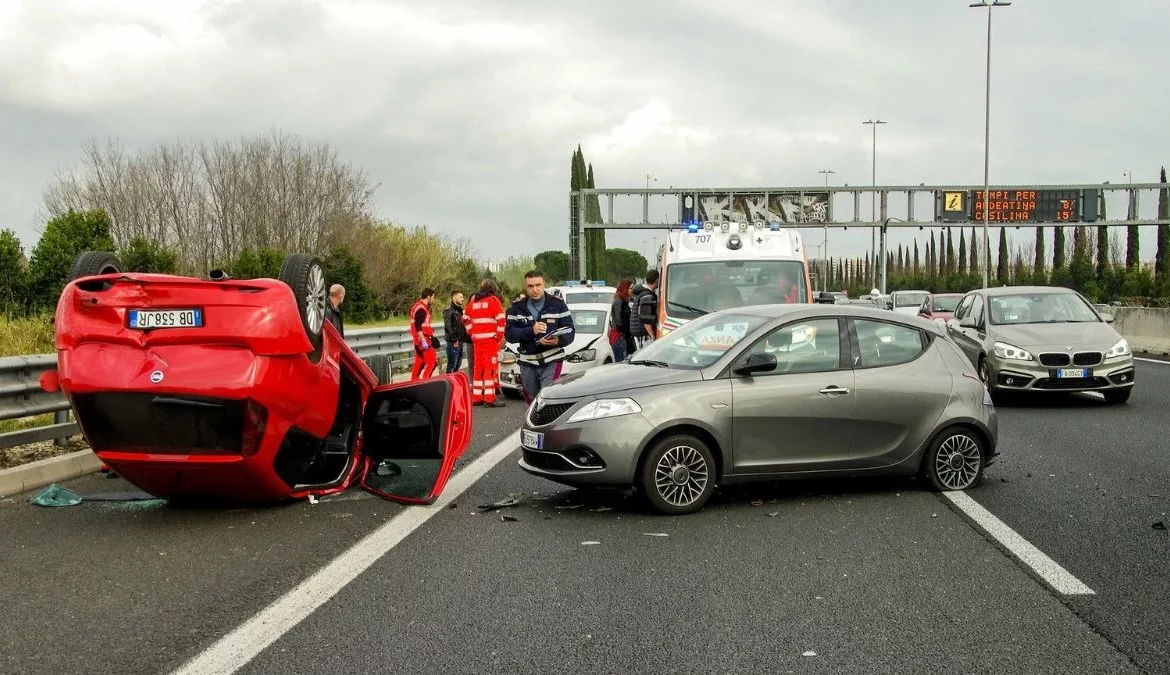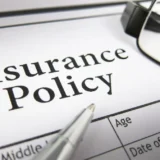Understanding the causes of car accidents is extremely important in order to effectively address prevention methods and reduce injuries or fatalities from occurring.
Each year, car accidents are one of the leading causes of death globally with millions of people injured or killed in crashes.
Analyzing the factors that lead to car accidents allows for the development of strategies aimed at reducing accidents through education, infrastructure improvements, vehicle design changes, and influencing driver behavior.
Contents
- 1 Common Causes of Car Accidents
- 2 Preventative Measures and Safety Tips
- 3 Importance of Legal Representation in Car Accident Cases
- 4 Frequently Asked Questions and Answers
- 4.1 Question: Do I need a lawyer if I was in a car accident?
- 4.2 Question: How do I prove fault after a car accident?
- 4.3 Question: How long do I have to file a personal injury lawsuit?
- 4.4 Question: Will my health insurance cover car accident injuries?
- 4.5 Question: Can I negotiate with an insurance company myself?
- 4.6 Question: Can I delay treatment to strengthen my injury claim?
- 4.7 Question: What if the other driver was uninsured or underinsured?
- 4.8 Question: Do I need the police report to pursue an insurance claim?
- 4.9 Question: What kind of compensation can I expect in a car accident case?
Common Causes of Car Accidents
Distracted Driving
One major cause of car accidents is distracted driving. Various distractions behind the wheel like texting, eating, or talking on the phone can significantly increase the risk of crashing.
Texting while driving is especially dangerous as it takes a driver’s eyes off the road for an average of 4.6 seconds.
The National Highway Traffic Safety Administration estimates that at least 3,000 car accidents resulting in deaths each year involve cell phone use. Reducing distractions can help lower accident rates on roads.
Speeding
Speeding is another primary contributor to car accidents. Driving too fast for road conditions or exceeding the speed limit makes it harder for drivers to avoid obstacles and stop in time.
It has been found that higher speeds in crashes increase both the chances of an accident occurring and the severity of injuries.
About a third of all car accidents involve excessive or inappropriate speeding as a factor. Aggressive driving behaviors and not leaving enough following distance also heighten the probability of accidents.
Driving Under the Influence (DUI)
Driving under the influence of alcohol or drugs drastically elevates the risk of car accidents. Impairment slows reaction times and judgment abilities essential for safe driving.
The National Highway Traffic Safety Administration attributes around 28% of all traffic fatalities to drunk or drug-impaired vehicle operators.
Police actively crack down on DUI offenses to decrease alcohol and drug-related car accidents through penalties like license suspension, vehicle impoundment, fines, and even jail time for repeat or extremely intoxicated drivers.
Weather Conditions
Adverse weather greatly influences accident patterns on roads as well. Heavy rain, snow, sleet, fog, and other hazardous conditions can compromise visibility and vehicle control.
In particular, hydroplaning or spin-outs from skidding on wet or icy surfaces are common reasons for weather-triggered car accidents.
It is advisable for drivers to avoid travel during severe storms if possible and always adjust speed and following distance based on the current road and visibility conditions to help prevent crashes when hazardous weather strikes.
Preventative Measures and Safety Tips
Defensive Driving Techniques
Practicing defensive driving can help prevent car accidents. It involves staying alert, anticipating hazards, and maintaining safe following distances. Defensive drivers scan the road ahead and around their vehicles constantly for potential issues.
Taking a defensive driving course trains motorists on proactive techniques to avoid collisions despite the unsafe actions of others.
These skills of defensive operators may assist in averting thousands of car accidents annually.
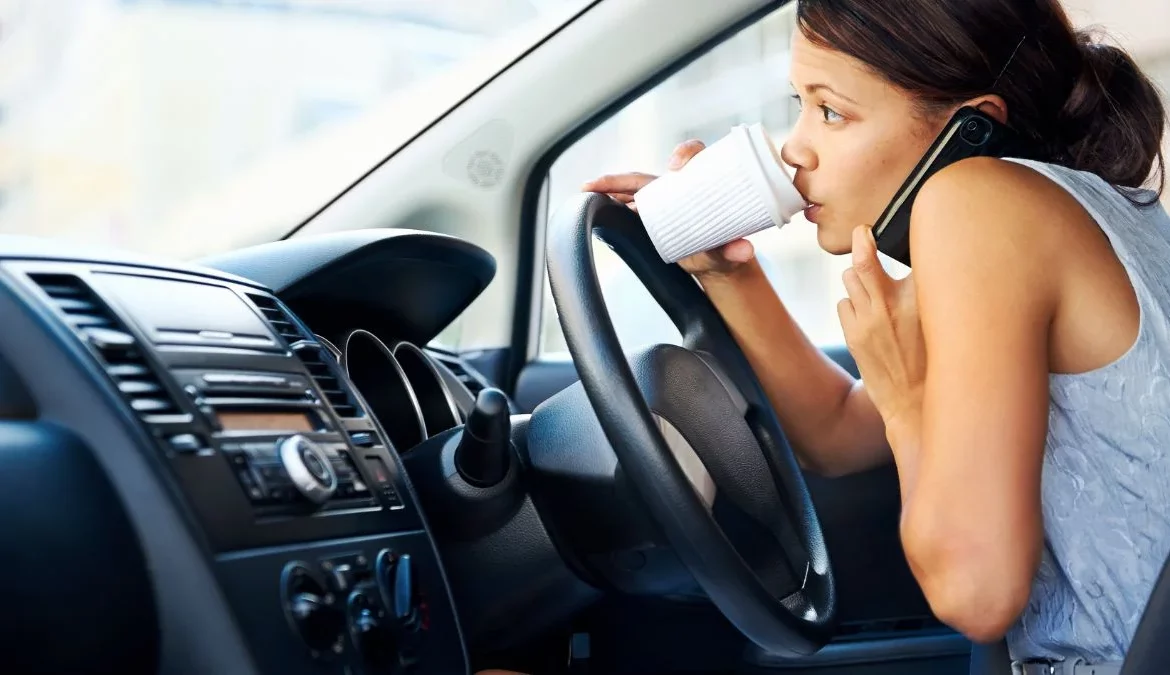
Vehicle Maintenance
Keeping a vehicle well-maintained also lessens the probability of mechanical failures contributing to car accidents.
Regular inspections and changes of parts like tires, brakes, lights, and fluid levels catch small problems before they escalate.
Underinflated or worn tires grip the road differently, while faulty brake pads or lighting make a vehicle harder for others to see and avoid.
Simple maintenance is a wise investment to help ensure a safe operation on the roadways.
Avoiding Distractions
Minimizing distracting activities inside vehicles reduces potential causes of car accidents. For example, mounting cell phones in view of the driver but not in hand.
Apps exist that limit phone use or alert the driver to focus. Passengers can also help by waiting to converse until the driver reaches a stop.
Over time, raising awareness of how avoidable distractions factor into crashes could influence a safer driving culture.
Responsible Alcohol Consumption
Responsible alcohol consumption near driving helps avert alcohol-related car accidents. Understanding legal blood alcohol limits and penalties for violations discourages drinking and driving.
Planning for sober transportation or simply waiting before driving if alcoholic beverages were consumed are smart precautions.
Designated drivers serve an important role in groups by remaining abstinent from alcohol for the safety of others on the road.
Importance of Legal Representation in Car Accident Cases
Being involved in a car accident can be both physically and emotionally traumatic. In addition to injuries, car accident victims often face difficult financial and legal issues to resolve.
Hiring an attorney experienced in car accident law can greatly help navigate these challenges that arise from a car accident.
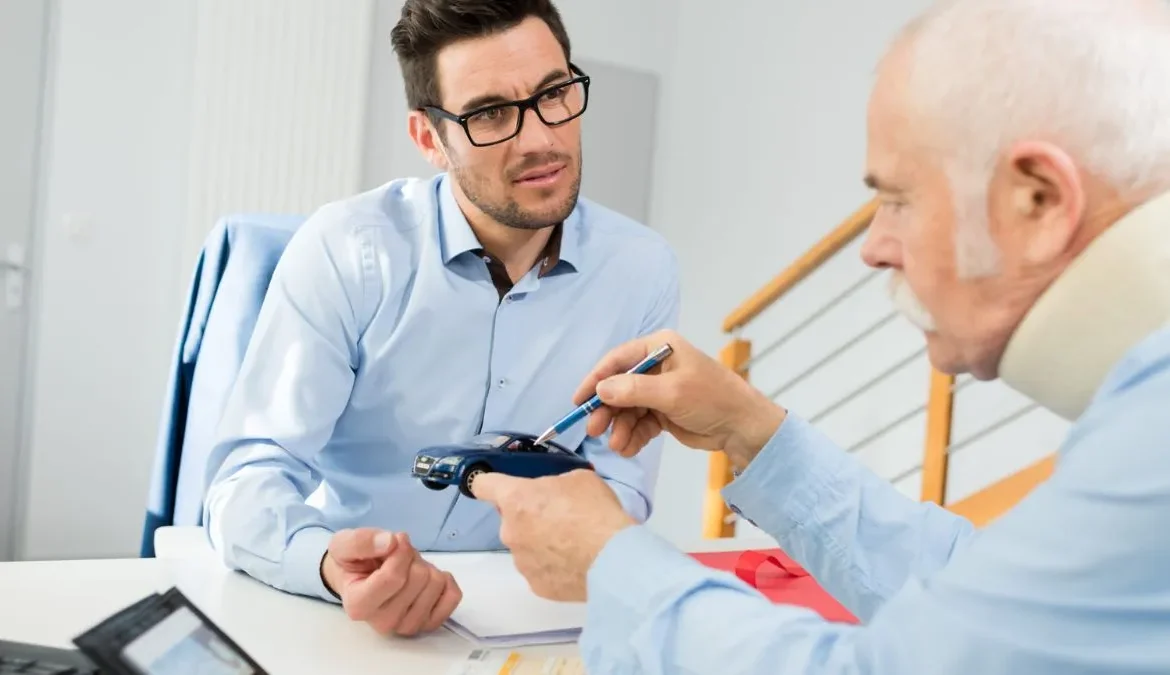
Insurance Claims Process
The insurance claims process following a car accident can be complex. An attorney understands how to properly document the incident and injuries, investigate liability and fault, and understand insurance policies and coverage limits.
They know how to effectively communicate with insurance adjusters to build a strong claim. Without representation, car accident victims may unknowingly make mistakes in their dealings with insurance companies that jeopardize a fair settlement.
Establishing Fault
Most car accidents involve disputed liability or fault between the involved parties. An attorney can properly investigate the accident scene and circumstances, request and review police reports, obtain witness statements, reconstruct the crash, and analyze things like vehicle damage and road conditions.
This evidence-gathering aids in determining who was truly at fault, which is essential for insurance claims and potentially filing a lawsuit.
It may not be obvious to a non-expert who was responsible for causing the car accident.
Pursuing Compensation
If an insurance settlement offer does not fully compensate for all losses and injuries from a car accident, an attorney can file a legal claim on the victim’s behalf.
Car accident injuries can include ongoing medical bills, lost wages, pain and suffering, and more.
An attorney ensures all damages are recovered through litigation if needed. Without legal representation, victims may be unsure of their rights or accept inadequate payouts from responsible parties that do not make them truly whole again financially after a car accident.
Preventing Underpayment
Insurance companies employ tactics to underpay or deny car accident claims, transferring costs to taxpayers.
An attorney levelizes this imbalance, holding negligent drivers and their insurers accountable.
They understand the complex laws surrounding car accident liability and appropriate damage awards better than victims navigating the process alone.
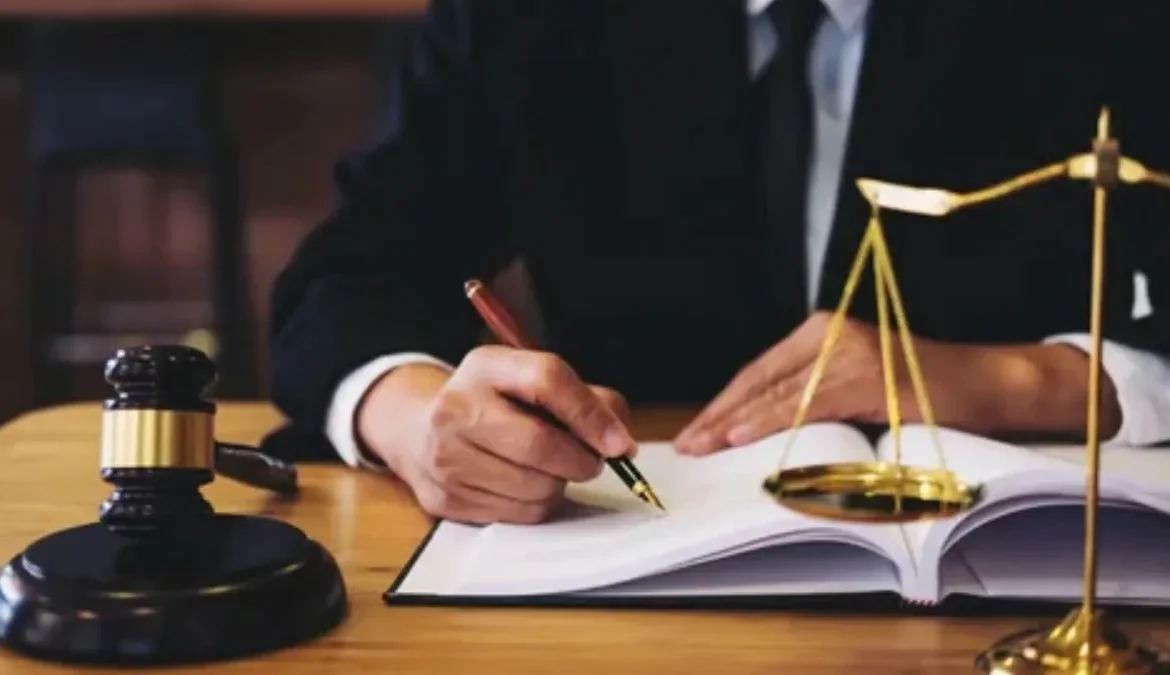
Representation gives car accident victims a strong, knowledgeable advocate dedicated to obtaining a fair remedy under the law.
Frequently Asked Questions and Answers
Question: Do I need a lawyer if I was in a car accident?
Answer: It’s generally recommended to consult with a car accident lawyer, even for minor accidents. Lawyers can help ensure you fully understand your rights and negotiate with insurance companies.
Question: How do I prove fault after a car accident?
Answer: Fault is typically determined based on evidence like police reports, witness statements, vehicle damage photos, accident reconstruction reports, traffic laws, and driving behaviors. A lawyer can thoroughly investigate and build a strong liability case.
Question: How long do I have to file a personal injury lawsuit?
Answer: The statute of limitations (time limit to file a lawsuit) varies by state but is typically 2-3 years from the date of the car accident. Consult a lawyer as soon as possible to meet filing deadlines.
Question: Will my health insurance cover car accident injuries?
Answer: No, your auto insurance pays for injuries. Health insurance may cover some medical costs until the settlement is paid out, but you’ll need to work with a personal injury attorney to ensure proper compensation.
Question: Can I negotiate with an insurance company myself?
Answer: You can try, but insurance adjusters are trained negotiators looking to settle for the least amount. A lawyer understands insurance tactics and ensures a full and fair settlement for all damages.
Question: Can I delay treatment to strengthen my injury claim?
Answer: No, you should seek the necessary medical treatment right away. Insurance companies may question the legitimacy of injuries if treatment is drastically delayed. Document your injuries thoroughly.
Question: What if the other driver was uninsured or underinsured?
Answer: You can make an uninsured/underinsured motorist claim through your own auto insurance. Or your lawyer may file a lawsuit directly against the other driver to recover damages through their personal assets if negligence can be proven.
Question: Do I need the police report to pursue an insurance claim?
Answer: A police report provides official documentation of the accident details but is not always required, especially for property damage-only crashes. However, a police report may strengthen your liability and damages case, so attempt to get one if possible.
Question: What kind of compensation can I expect in a car accident case?
Answer: Compensation seeks to make you whole and can include medical bills, lost wages, pain/suffering, long-term care, property damage, and more – depending on accident details and injuries sustained.
